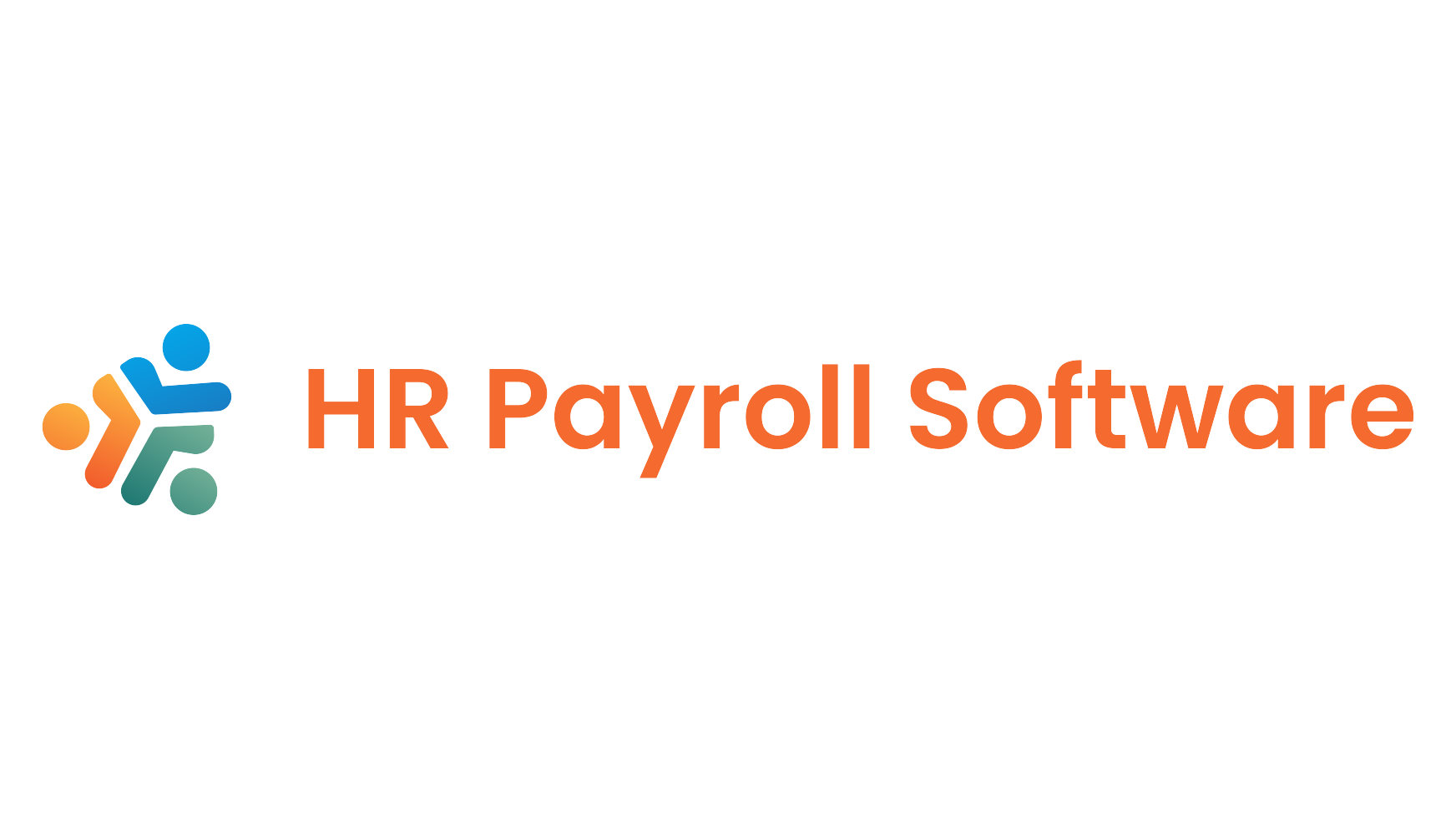
In the rapidly evolving landscape of Indian business, managing human resources efficiently is crucial for sustained success. One of the most effective ways to streamline HR processes is by investing in the right HR software. However, with a myriad of options available, choosing the best fit for your business can be a daunting task. This guide will walk you through the essential steps to select the right HR software for your Indian business, ensuring optimal efficiency and compliance.
1. Assess Your Business Needs
Before diving into the world of HR software, take the time to assess your business needs comprehensively. Identify the pain points and challenges faced by your HR department. This could include issues with payroll processing, recruitment, employee performance management, or compliance concerns. Understanding your specific requirements will guide you in choosing a solution that addresses your unique needs.
2. Consider Scalability
Your business is not static; it’s likely to grow and evolve over time. Therefore, opt for HR software that is scalable to accommodate the changing needs of your organization. Scalability ensures that the software can adapt to the increasing volume of data and the growing workforce without causing disruptions in your HR processes.
3. Ensure Compliance with Indian Labor Laws
India has a complex legal framework governing labor and employment. Your chosen HR software must be compliant with Indian labor laws to avoid legal complications. Look for features that assist in statutory compliance, including provident fund management, professional tax calculations, and adherence to the latest amendments in labor regulations.
4. User-Friendly Interface
An intuitive and user-friendly interface is essential for successful implementation and adoption of HR software. Your HR team should be able to navigate the system easily without extensive training. Look for software with a clean design, simple navigation, and a dashboard that provides a comprehensive overview of HR activities.
5. Integration Capabilities
Seamless integration with existing software systems is crucial for efficient HR operations. Whether it’s integration with your accounting software, time and attendance systems, or communication tools, the HR software should work harmoniously with other applications used in your organization. This integration streamlines processes and reduces the likelihood of errors.
6. Cloud-Based vs. On-Premises Solutions
Consider whether a cloud-based or on-premises HR software solution is more suitable for your business. Cloud-based solutions offer flexibility and accessibility, allowing your team to access HR information from anywhere. On the other hand, on-premises solutions may provide greater control over data but could require more significant upfront investment and maintenance.
7. Mobile Accessibility
In a world where remote work is becoming increasingly prevalent, mobile accessibility is a key feature. Choose HR software that offers mobile applications, enabling your employees and HR team to access important information and perform tasks on the go. This accessibility enhances efficiency and employee engagement.
8. Data Security and Privacy
The security of sensitive HR data is non-negotiable. Ensure that the HR software you choose adheres to industry-standard security protocols. Look for features such as data encryption, multi-factor authentication, and regular security updates. Additionally, confirm that the software complies with data protection and privacy laws applicable in India.
9. Employee Self-Service Features
Empower your employees by choosing HR software with robust self-service features. This allows employees to access and update their personal information, view pay stubs, and submit leave requests without constant intervention from the HR team. A self-service portal not only improves employee satisfaction but also reduces the administrative burden on HR staff.
10. Vendor Reputation and Support
Research and choose a reputable HR software vendor with a proven track record of successful implementations. Read customer reviews, testimonials, and case studies to gauge the vendor’s reliability. Additionally, assess the level of customer support provided by the vendor. Prompt and effective support is crucial in resolving any issues that may arise during implementation or daily usage.
11. Customization Options
Every business is unique, and your HR software should reflect that. Look for a solution that offers customization options to tailor the software to the specific needs of your organization. Customization ensures that the software aligns with your processes and enhances overall efficiency.
12. Cost Considerations
Finally, evaluate the cost of the HR software, considering both upfront expenses and ongoing maintenance fees. While it’s essential to stay within budget, focus on the overall value the software provides to your organization. A solution that meets your needs and contributes to long-term efficiency may justify a higher initial investment.
Conclusion
Choosing the right HR software for your Indian business requires careful consideration of your organization’s unique needs, compliance requirements, and future growth plans. By following these guidelines and thoroughly researching your options, you can make an informed decision that positively impacts your HR processes, empowers your employees, and contributes to the overall success of your business.


